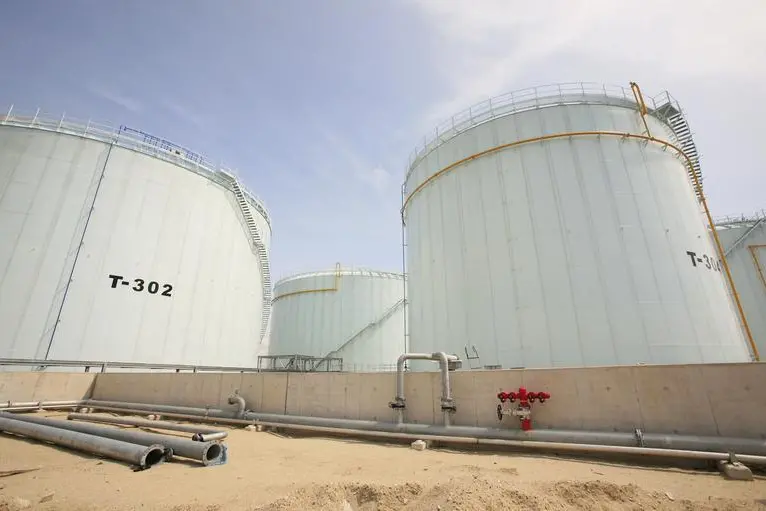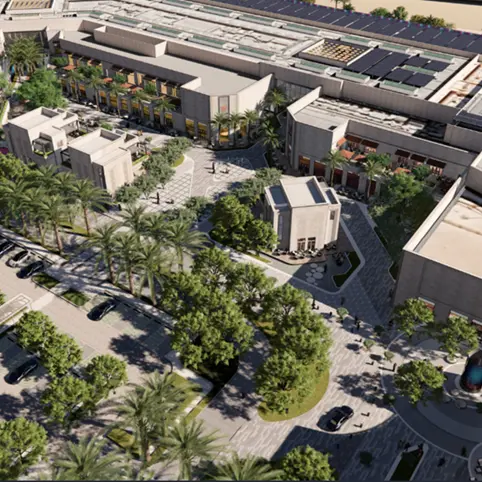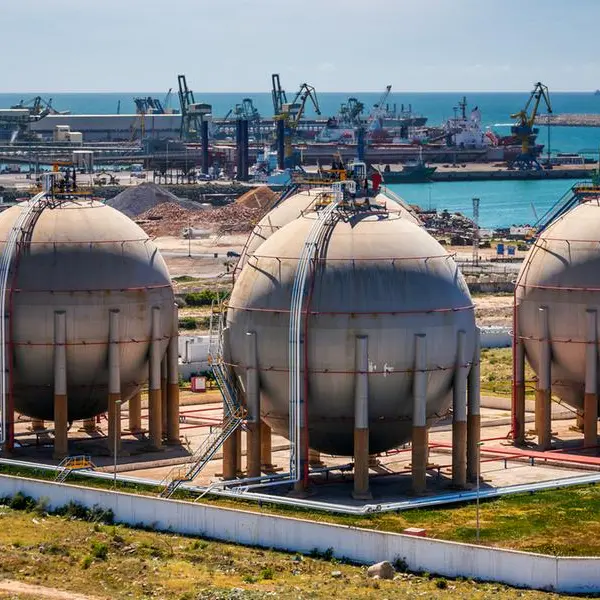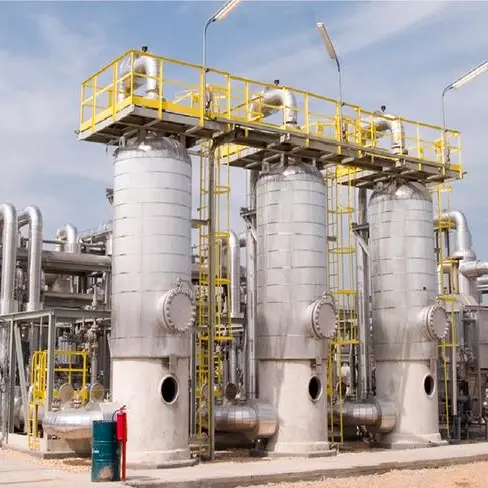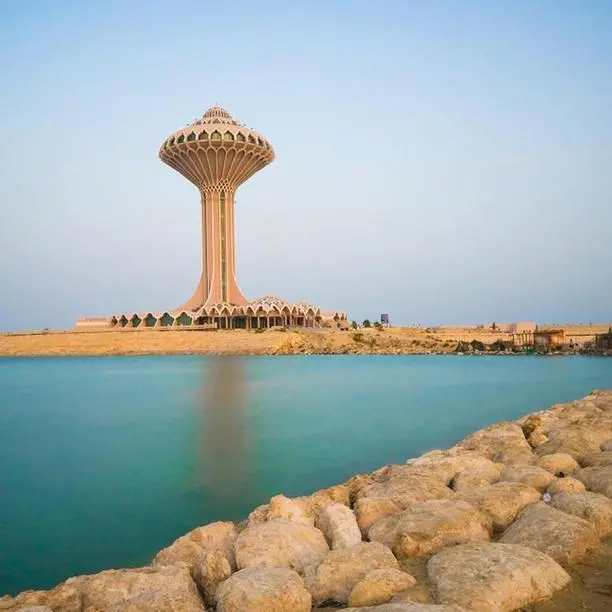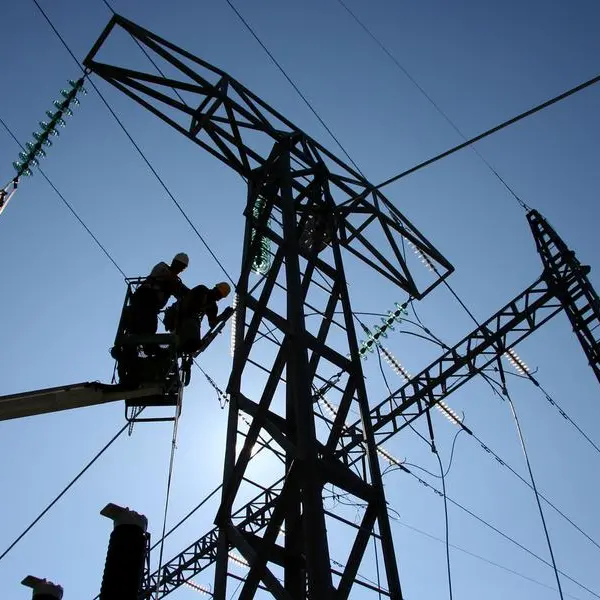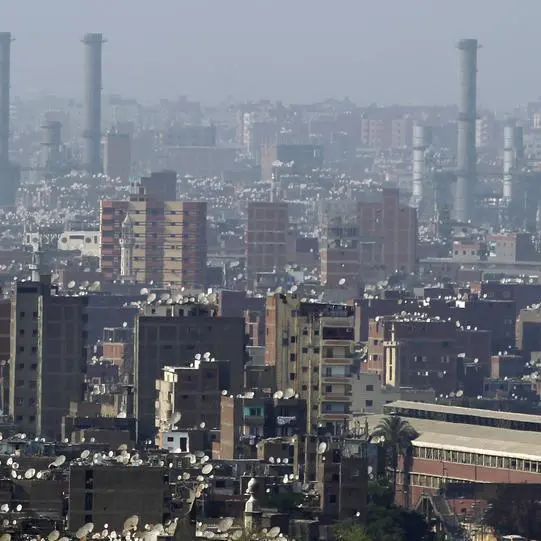PHOTO
While energy logistics sector has been laid low by the double whammy of the coronavirus pandemic and slumping oil prices, Dubai-based Tristar Group has navigated the twin impacts without resorting to extreme measures, the Group CEO said.
Eugene Mayne told Zawya that the liquid logistics company has assured its employees that there would no redundancies or salary cuts due to COVID-19. Rather, the emphasis has been on reducing administrative costs to mitigate the virus impact.
"Tristar has a resilient business model and has been successful for over two decades which is primarily due to our excellent workforce and our people-led approach to business," he said.
Mayne said the company has set up a Crisis Committee, which tracks every day and meets twice a week to review the health of over 2,000 employees across 21 countries.
"We also provide daily business updates on COVID-19 to our customers, which is well received as it assures no risk of disruption to their supply chains."
Mayne acknowledged that these are indeed tough times which have been compounded by the pandemic and the oil price crash. "But, fortunately, our business model is not exposed to major commodity risks and in fact, as a buyer, we do see some benefits of a low-price market."
The company currently operates more than 30 ocean-going vessels and 1,700 road transport assets across three continents.
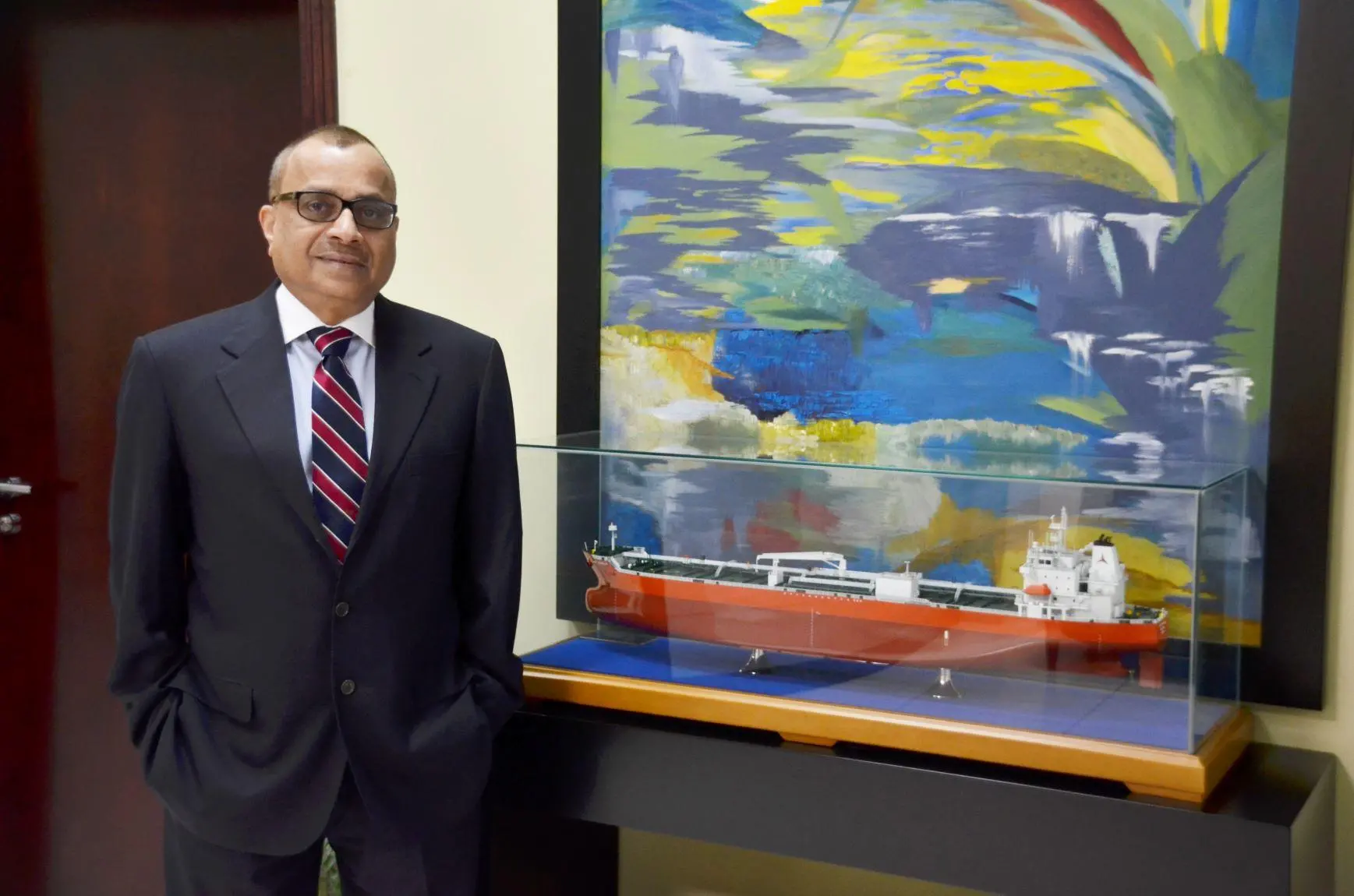

Eugene Mayne, Group CEO of Tristar
Long-term contracts
Long-term contracts with "investment grade" customers have ensured that "our revenue streams continued without any pressure of contract cancellation or price negotiation," he said.
Tristar's remote fuels business which works with peacekeeping and humanitarian missions wasn't curtailed due to COVID-19. Though aviation fuel volumes were reduced by precautionary containments that limited troop and flight movements, the Tristar CEO said he expected aviation operations to resume once the COVID-19 situation is under control.
He also noted that the fuel storage business was "hardly impacted" due to take-or-pay contract models.
Mayne noted that the company's maritime logistics business benefitted in the first quarter due to the strong tanker market.
"As we expand our operations with new long-term contracts with oil majors, we expect further growth. We have also just taken delivery of a series of new vessels that were contracted in 2018," he said.
In June 2020, Tristar took delivery of two vessels, Solar Sharna and Solar Nesrin, from Hyundai Mipo Dockyard. The two vessels are part of a long-term $166 million contract to charter six vessels to Shell, with the remaining four vessels to be delivered by January 2021.
Earlier, in December 2019, the firm had signed a $24 million contract with BP for chartering of a 166cbm LNG vessel.
Expansion strategy
Mayne said in the short term, the company will continue to focus on strengthening of its integrated logistics model by looking for key acquisitions and ensuring the organic business continues to grow annually in double digits.
Tristar registered a CAGR of over 23 percent in revenue during the period 2017 to 2019, and last year, recorded $514 million sales and $103 million EBITDA.
Mayne attributed the company's resilience to its long-term contract backed integrated business model, adding that they will continue to grow the 20-year old model.
"The challenge for us is to ensure we maintain a fine balance between our revenue streams as we do not want to be overweight in any one sector," he said.
Recent deals include a five-year contract, signed in March 2020, by its Saudi joint venture United Stars with Linde-Sigas to transport the latter's products to domestic clients from five depots in Dammam, Jeddah, Riyadh, Jubail, and Yanbu.
In January 2020, the company acquired over 11,000 square metres (sqm) of logistics land in the Port of Duqm in Oman to a build 3,048-sqm warehouse that will offer 3PL and 4PL services.
Technology integration
Mayne said the company is constantly working to find the newest technology that is both efficient and cost-effective for their current and future projects.
Tristar is currently looking at Robotic Processing Automation and Artificial Intelligence solutions to help with predictive maintenance and forecasting analysis which, he said, will ultimately increase performance and efficiency. "We are also looking at smart ship technology to better improve operating costs on our marine assets," he added.
Last year, Mayne participated in a panel discussion at the Future Blockchain Summit in Dubai where he discussed Tristar's digital strategy and how the company aims to leverage Blockchain to provide world-class services to its customers.
"We were recognised for being the first logistics company in the GCC to have a fully live Blockchain platform, which provides our customers with real-time oversight of warehousing and transportation processes," he said.
Safety and sustainability
Mayne said safety is the number one priority at Tristar and underpins everything they do. "Tristar was established to be a responsible business and over the years, we have developed a very strong Environmental, Social and Governance (ESG) culture across our operations in 21 countries which is built around the four pillars of Planet, People, Profit and Purpose."
The company, which releases sustainability reports every year, supports the 10 Principles of the UN Global Compact.
"Our commitment to be a strong advocate of the UN SDGs will continue unabated as we strongly believe that as a private sector company, we should lead the way for the business world to pay attention to the health and well-being of people which will be a top priority for all of us after the pandemic," he said.
While the company has in the recent past expressed its interest to get listed, Mayne chose not to disclose much on this beyond stating that it's part of their longer-term growth strategy. "We are working through the process and will provide updates in due course," he concluded.
(Reporting by Syed Ameen Kader; Editing by Anoop Menon)
(anoop.menon@refinitiv.com)
#Tristar #Dubai #Fuelfarm #Marinelogistics
Disclaimer: This article is provided for informational purposes only. The content does not provide tax, legal or investment advice or opinion regarding the suitability, value or profitability of any particular security, portfolio or investment strategy. Read our full disclaimer policy here.
© ZAWYA 2020
